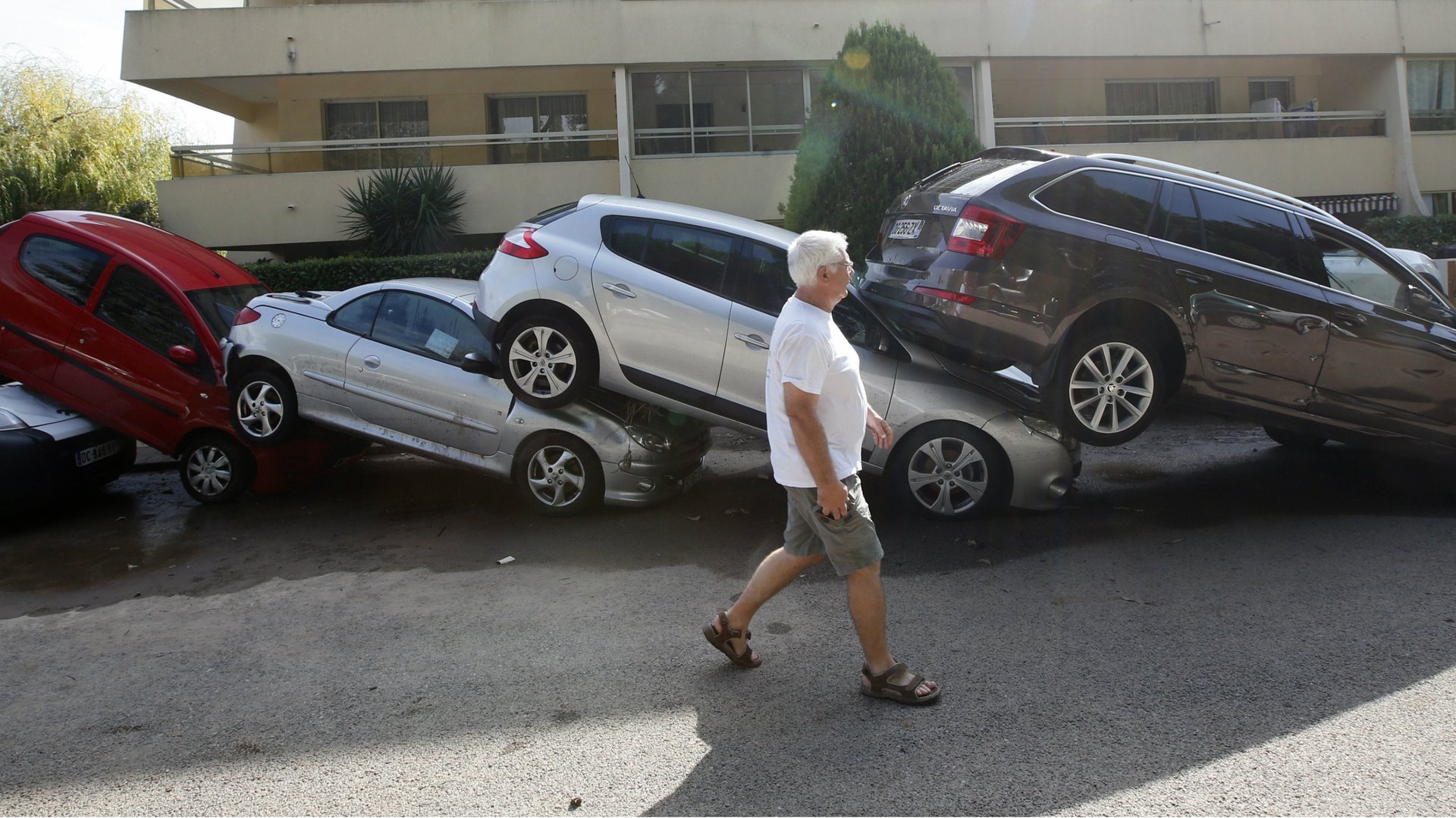France is reviving a failed dream: The cheap battery-swapping electric car
As world leaders try to bash out an ambitious treaty to tackle climate change, France has announced a global challenge to cut car emissions: create an electric car that will cost less than $7,500. (For perspective, Tesla’s cheapest planned car, the Model 3, will likely be priced at $35,000 when it launches next year.)


As world leaders try to bash out an ambitious treaty to tackle climate change, France has announced a global challenge to cut car emissions: create an electric car that will cost less than $7,500. (For perspective, Tesla’s cheapest planned car, the Model 3, will likely be priced at $35,000 when it launches next year.)
Ségolène Royal, the French minister of ecology, sustainable development, and energy, announced the initiative during the ongoing Paris climate-change talks. Royal hopes to “create an electric car for the people,” according to Gizmodo.
How will companies keep the price down? Rather than use built-in batteries, Royal says the ultra-cheap car would have replaceable batteries under the hood. You would buy the car and when you ran low on power, you would go to a battery-swapping station and, voila, instant power. The thing is, this has already been tried before.
Tesla has been experimenting with a battery-swap station in California since 2013, but CEO Elon Musk said that out of 200 invitations to test it, only about four to five people opted to try it. “People don’t care about pack swap,” Musk said earlier this year. “Based on what we’re seeing here, it’s unlikely to be something that’s worth expanding in the future unless something changes.”
A start-up named Better Place pioneered replacement batteries for electric cars in Israel and Denmark and raised nearly $1 billion in funding. It had initially set up a small network of battery-swapping stations that allow Israeli and Danish electric car owners to replace spent batteries with new, charged ones within a few minutes; these drivers no longer have to wait hours recharging their battery.
The company had predicted 100,000 electric cars on Israeli roads (paywall) by 2010 two years prior; instead, there were fewer than than 1,000 cars in Israel and a few hundred in Denmark when the company filed for bankruptcy in 2013. Let’s hope France’s attempts to join the space aren’t as much of a colossal disaster.